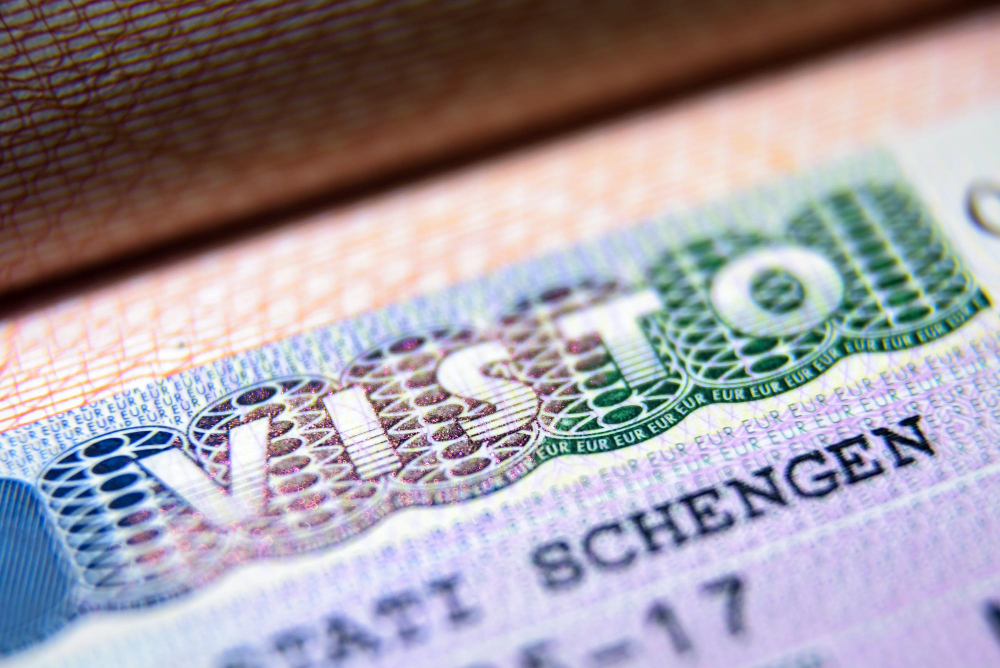Italy Introduces Mandatory Fingerprint Collection for Long-Term Visas from January 11
Key Highlights
- Italian national visa applicants will need to visit the nearest consular office to provide biometric data, including fingerprints.
- The regulation will take effect on January 11, 2025, and applies to all long-term visa types, including those for employment, study, and family reunification.
- While the new measure enhances security, it is likely to increase travel expenses and processing times for applicants.
Starting January 11, 2025, all candidates for Italy's long-term visas, including those issued for employment, study, and other purposes, must visit their nearest consulate to provide biometric data such as fingerprints.
Previously applicable only to short-term visas, this requirement now extends to long-term visas under Decree-Law 145/2024. It mandates that applicants for both Schengen (type C) and national (type D) visas must appear in person for biometric data collection when submitting their visa applications.
"This is a straightforward process that takes only a few minutes. Once collected, biometric data will remain valid for 59 months, eliminating the need to resubmit fingerprints for future visa applications."
— Italian Embassy
Strengthened Security Measures
The updated rules reflect Italy’s commitment to enhancing border security following reports of criminal activity in recent years. The measures cover a wide range of visa categories, including employment, self-employment, study, family reunification, retirement, and investment visas.
While the initiative aims to bolster security, it introduces additional administrative steps for applicants. These include booking a biometric appointment and traveling to the nearest consular office—often incurring higher travel costs and potential income loss due to time off work.
Challenges for Applicants
Though the fingerprint collection process is quick, applicants may face increased costs and longer processing times due to heightened demand at Italian consulates, particularly in countries with high application volumes.
"Reports of prolonged waiting times for visa appointments are already common, and this new requirement could further delay the process."
Despite these hurdles, the measure is part of a broader effort by the Italian government to improve immigration and security procedures. Additional legislative updates are anticipated in 2025.

